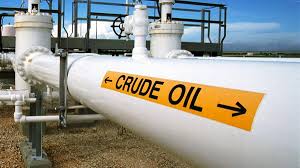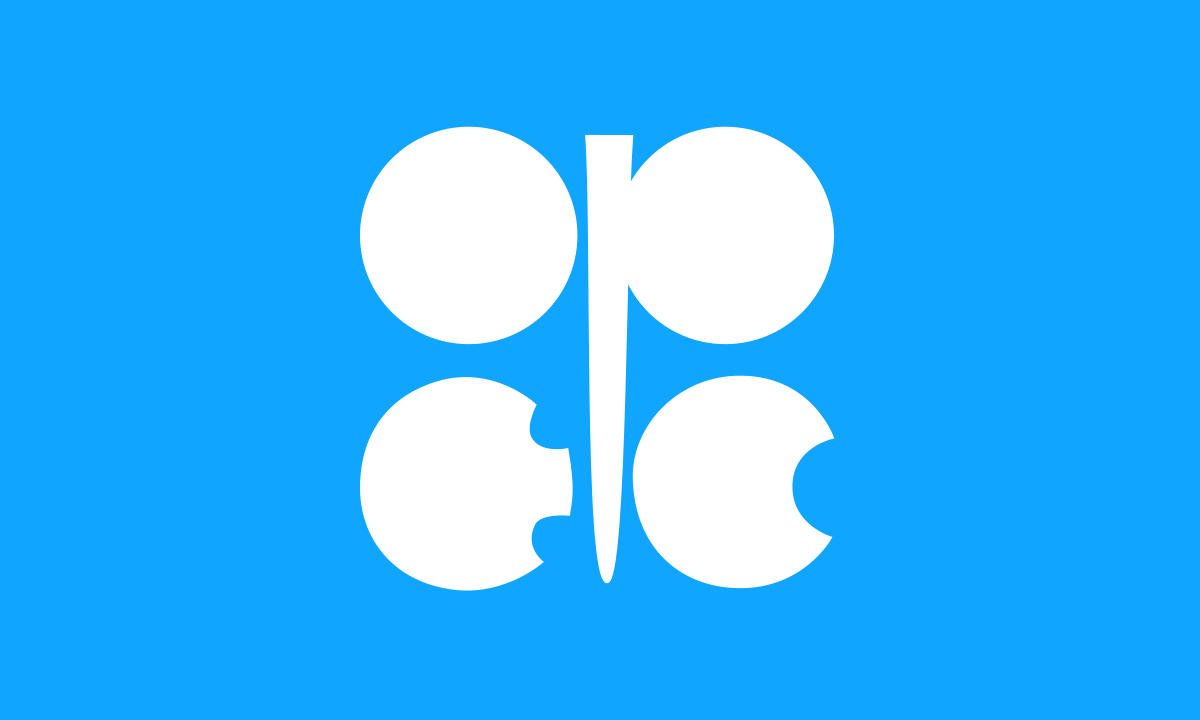Singapore, Jan. 10, 2024 – Oil rose for a second day on Wednesday after an industry report showed a bigger-than-expected drawdown of crude inventories in the United States, the world’s biggest oil user, that bolstered demand sentiment.
Brent crude futures rose 30 cents, or 0.4%, to $77.89 a barrel at 0524 GMT, while U.S. West Texas Intermediate crude futures climbed 36 cents, or 0.5%, to $72.60 a barrel.
Oil gained about 2% in the previous session on supply concerns after reports of a Libyan supply outage and the continuing regional tensions from the Israel-Gaza war. However, trading on Monday opened the week down more than 3%.
Renewed attacks on shipping in the Red Sea by Yemen’s Houthi militia in support of the Palestinians on Tuesday and potential disruptions to oil tanker flows in the area also supported prices.
“Oil prices are still hovering in a low range, but investors holding long position are dominating the market mood at this very moment,” said analysts at Haitong Futures, referring to investors purchasing futures in expectation of rising prices.
The inventory “drawdown last week may be more of a seasonal inventory change, but it helps easing the downward pressure on oil prices,” they said.
U.S. crude oil inventories fell by 5.2 million barrels in the week that ended Jan. 5, according to market sources citing American Petroleum Institute figures on Tuesday, compared with analysts’ estimates of 700,000 barrels increase in a Reuters poll.
However, gasoline inventories rose by 4.9 million barrels, while distillate inventories gained 6.9 million barrels, more than an estimated increase of 2.5 million barrels and 2.4 million barrels respectively.
The data of the EIA, the statistical arm of the U.S. Department of Energy, is due at 10:30 a.m. EST (1530 GMT) on Wednesday.
The EIA said on Tuesday expects global liquid fuels consumption to increase 1.4 million barrels per day (bpd) in 2024, compared with 1.9 million bpd growth in 2023.
The growth will be lower because of a weaker Chinese economy, increasing vehicle fleet efficiency, and an end to pandemic recovery-related growth in 2023. (Reuters)





